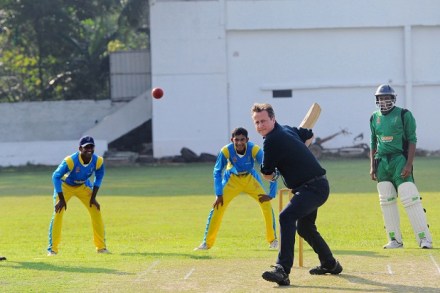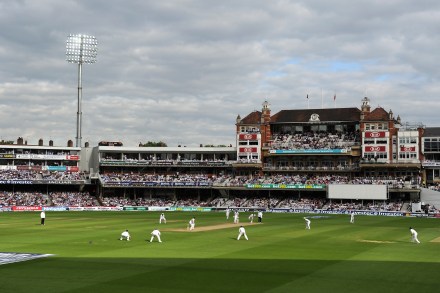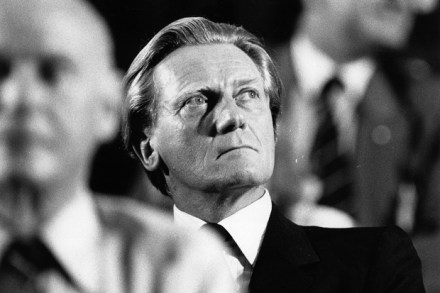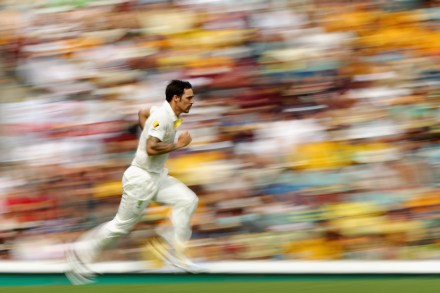Alastair Cook is world class. Steven Gerrard isn’t
This time last year, England’s cricketers were 2-0 up against Australia, two thirds of the way towards their third consecutive series victory in sport’s longest-established international contest. Not quite top of the world, they were nevertheless a good team in the prime of life. The winter before, they had beaten India on their dusty pitches, quite an achievement. What a falling-off there has been. Since the turn of the year, England have lost Graeme Swann, Jonathan Trott and Kevin Pietersen, three senior players, to retirement, mental fragility and banishment. They have also lost seven of their last nine Test matches, the latest against India at Lord’s by 95 runs after



















